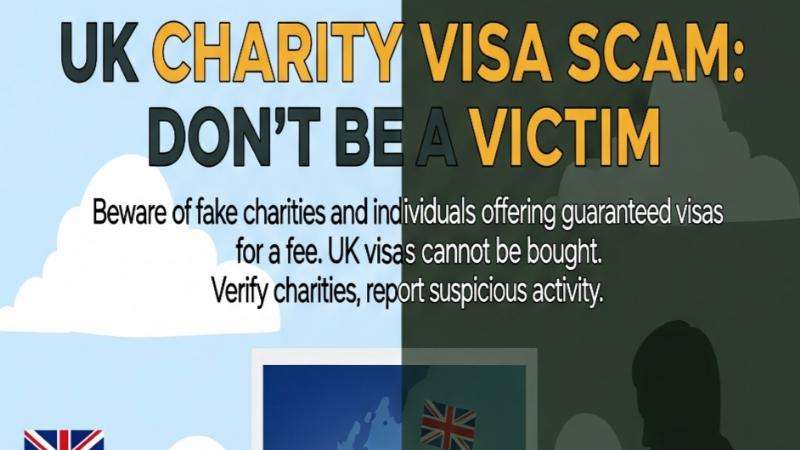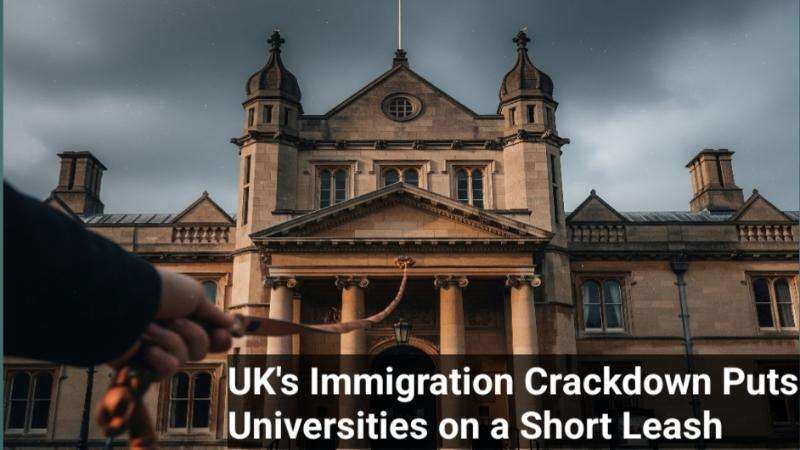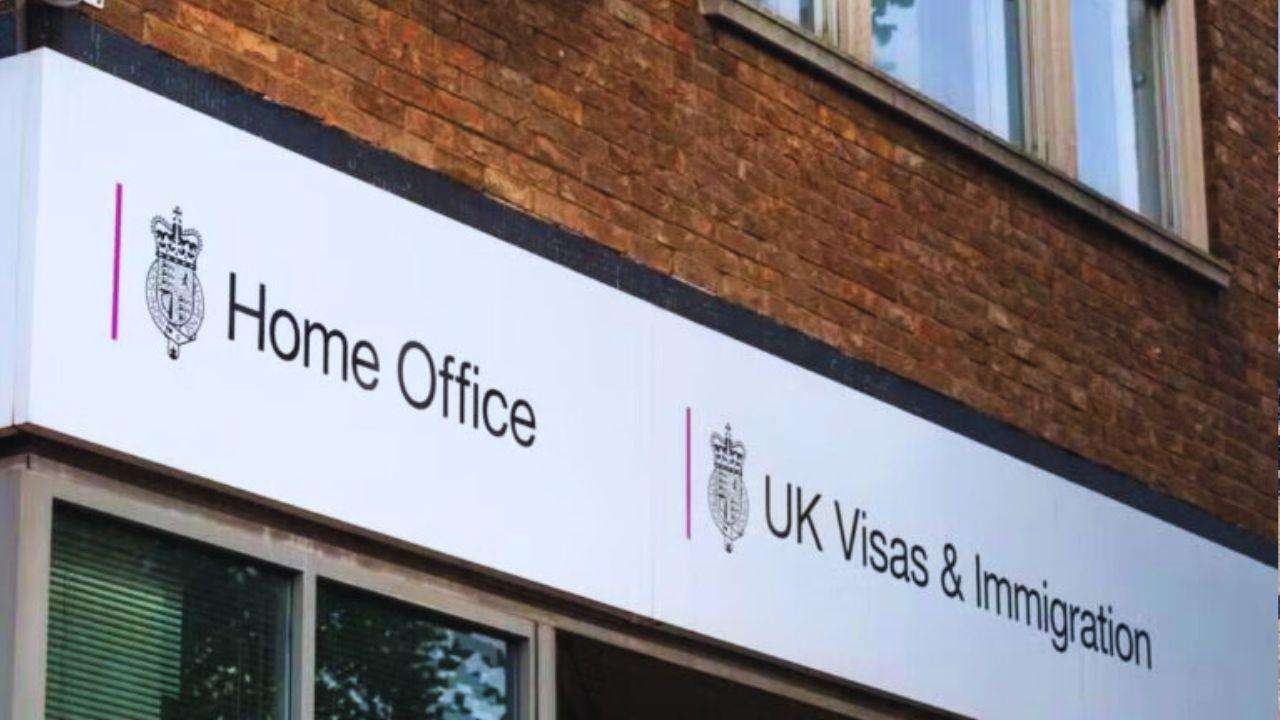A shadowy network of social media influencers is being exposed for actively coaching thousands of potential migrants on how to exploit a "little-known scheme" to secure entry into the United Kingdom. These content creators, prominent on platforms like YouTube and TikTok, are reportedly leveraging the UK's Charity Worker visa to advise individuals on how to bring their families to the UK with the long-term goal of settlement, despite the visa's temporary and unpaid nature. Some Bangladeshis have been deceived by a ring of scammers who, after the care visa, are now using the charity visa to defraud people, Daily Dazzling Dawn understands.
The Charity Worker visa is designed for non-UK nationals to perform unpaid, voluntary work for a registered UK charity for up to 12 months. However, online influencers are painting a different picture, suggesting that this route is a gateway to a new life in Britain for dependants who, under current rules, are permitted to work.
One such content creator, Kelvin Ossai, who identifies himself as a "lifestyle and relocation content creator," published a video that has garnered over 23,000 views. In the video, Ossai highlights a "catch" in the rules, explaining that while the visa holder cannot earn a salary, their dependants can work. He also suggested that visa holders can receive significant stipends for things like transport and accommodation, which he claims are not classified as a salary, effectively allowing them to earn money.
Another popular YouTuber, Tochi Esther, who has a subscriber base of 180,000, interviewed a woman who successfully moved her family to the UK using a charity visa. The woman in the video detailed her experience, stating that many charities provide stipends and that she was even "paid as a volunteer" while her husband could "work anywhere and as many hours as possible." This narrative is contributing to a growing perception that the visa is a cheap and effective backdoor to the UK's job market.
These content creators also highlight the financial advantages of this route. While the application fees for a family—including the main applicant, a partner, and any dependants—can total thousands of pounds, they argue it is still significantly cheaper than other immigration pathways. Many of the charities licensed to sponsor these visas are churches and religious organizations, a detail that Ossai has pointed out in his videos.
The Home Office has acknowledged the problem, stating that its upcoming immigration white paper will address these issues. A spokesperson said they are "cracking down on those who look to exploit our visa routes" and are keeping the system under "constant review" to prevent exploitation.
This charity visa controversy emerges amid broader scrutiny of the UK's immigration system. In March 2025, the UK's anti-slavery watchdog called the post-Brexit visa scheme for care workers "flawed" and an enabler of "horrific" abuse, highlighting a wider issue of exploitation within the visa sponsorship system. Over 470 care companies have had their licenses to sponsor migrant workers revoked due to concerns about fraud and abuse, affecting tens of thousands of workers.
Further complicating the immigration landscape are the ongoing issues with clandestine entrants and a highly controversial Home Office policy that fines law-abiding citizens who unknowingly transport illegal migrants. The policy has led to an astounding £30 million in fines being levied on drivers in just a year and a half, even for those who report finding migrants in their vehicles. The penalties, which can reach up to £10,000 per migrant, have been widely criticized for punishing the very people who act responsibly. Despite public outcry and even intervention from political leaders like Sir Keir Starmer, figures show that only a single fine has been successfully appealed since the beginning of the previous year, with 140 appeals being unsuccessful.
As the government grapples with these multi-faceted immigration challenges, the online advice promoting the charity visa as a shortcut is adding another layer of complexity. Critics argue that while the content creators may be highlighting loopholes, they are also potentially misleading vulnerable people, setting them up for a difficult and uncertain future in the UK. The true extent of the charity visa "scam" and its impact on both migrants and the charities involved remains a key area of concern for authorities and immigration watchdogs alike.







.svg)
